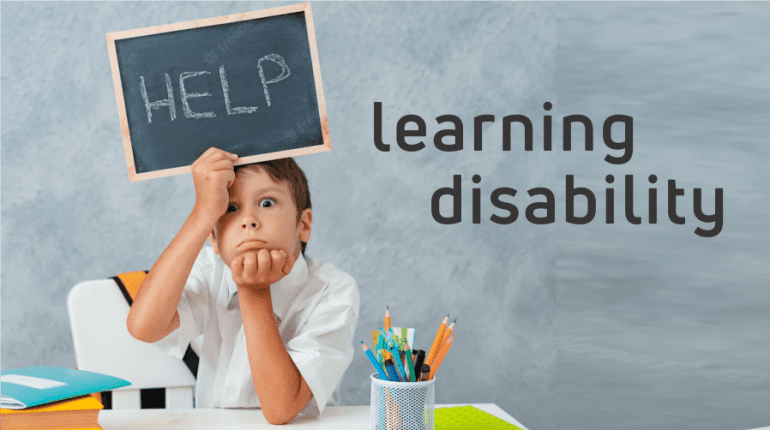Intervention for Young Children with Learning Disabilities
May 17, 2023
This assignment explores the need for intervention and strategies for young children with learning disabilities.
Intervention is an important aspect of helping a child who has been identified as having a learning disability. It is vital to provide early and targeted intervention in order to support the child’s development and address any deficits that may arise from the disability. Intervention should be tailored to the individual needs of each child, but there are some general strategies that can be used when working with children with learning disabilities.
One of these strategies is providing structure and predictability. Knowing what to expect can help reduce feelings of anxiety or confusion that may arise from uncertainties or unfamiliar activities. Setting realistic expectations for tasks, breaking them down into manageable steps, and providing regular breaks can make them less overwhelming.

Visuals are also an important part of helping a child with a learning disability. Visual cues can help to break down tasks and keep the child on track, as well as providing reminders for upcoming activities or new information. This could involve using pictures, diagrams, or written notes to aid in understanding instructions.
Intervention for Young Children with Learning Disabilities
Modeling is another key technique when working with young children who have learning disabilities. Demonstrating appropriate behaviors can be extremely helpful for teaching new concepts or skills, and it may also encourage the child to imitate those behaviors. Modeling can be especially useful when introducing social skills such as communication, problem solving, and conflict resolution.
Finally, positive reinforcement is essential in any intervention plan for a child with a learning disability. Providing rewards for desired behavior can be motivating and encouraging, and can help the child to develop self-confidence as they learn new skills.
In conclusion, intervention is important for young children with learning disabilities, but it should be individualized to meet the needs of each child. Using structure, visuals, modeling, and positive reinforcement are just some of the strategies that can be used to support a child’s development and progress. With early intervention, these children have the potential to reach their full academic and social potential.
